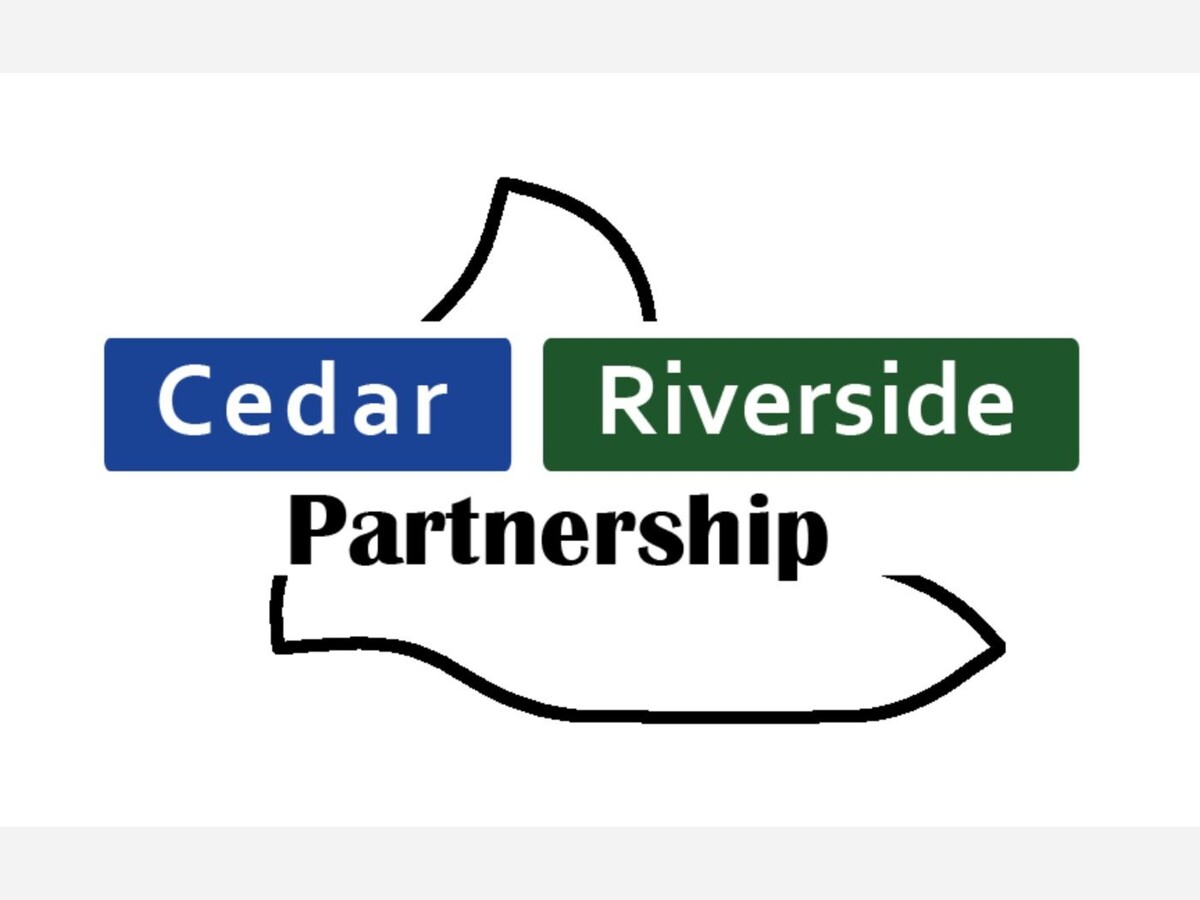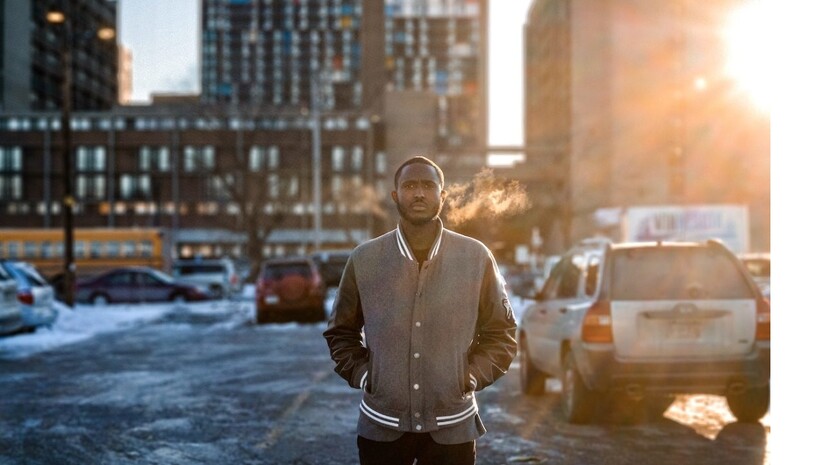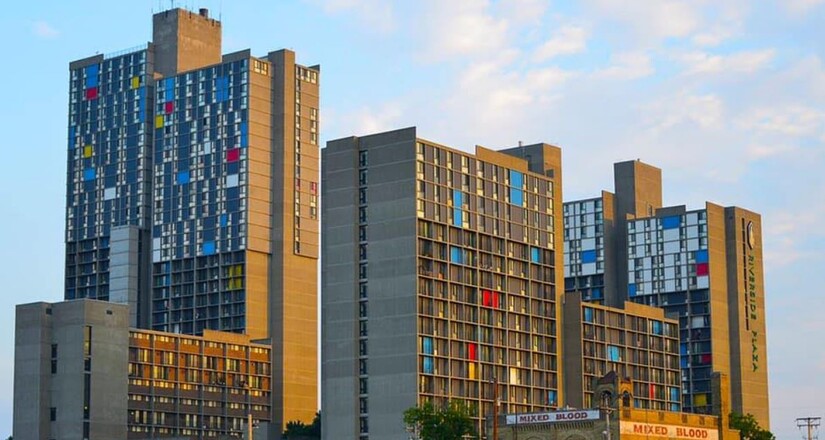Image


Cedar-Riverside Community Council plans to use the money for a community ambassador program.
The Minneapolis City Council again approved over $400,000 for the Cedar-Riverside Community Council’s safety outreach program for 2024.
The Cedar-Riverside Community Council’s outreach program is an ambassador program where interns work with local youth on city beautification, crisis intervention and career development.
Outside of Cedar-Riverside, the city council also approved over $750,000 for two other community outreach programs in the city.
The three partner organizations are the Cedar-Riverside Community Council, Northside Residents Redevelopment and the Supporting and Empowering Equity through Collaboration Advocacy and Access group.
Julianne Lynum, director of equity and inclusion for Minneapolis’s Community Planning and Economic Development, said the contract extension will help the city learn from the new pilot programs in the different neighborhoods.
“We understand that these are pilot projects and really to figure out how well it’s working and what the concerts are, we need that additional time,” Lynum said.
AJ Awed, the executive director of Cedar-Riverside Community Council, said he wants to use the contract extension to expand Cedar-Riverside’s ambassador program.
“The original RFP was limited in the sense that we had seven ambassadors,” Awed said. “So for us, our biggest priority was to expand the program, get more youth the opportunity. So we were fortunate enough to do that.”
Cedar-Riverside’s ambassador pilot program
The ambassador program, started in 2020, gives youth in Cedar-Riverside crisis training, career development and peer recovery training, according to Awed.
Given the high Somali population in Cedar-Riverside, the ambassadors chosen must be fluent in Somali, Awed added.

“When funding like this is open to neighborhood organizations who are intimately involved and understand their communities and community populations, we are able to provide services and programming in the language most comfortable,” Awed said.
In addition to their other duties, Awed said ambassadors are in a unique position to help residents recover from drug addiction. Ambassador program interns are also trained on giving out Narcan to people experiencing an opioid overdose.
According to data from the Minnesota Department of Health, Black Minnesotans are three times more likely to die from opioid overdose deaths than white Minnesotans. Additionally, data on the effect of opioid crisis deaths on Minneapolis Somalians are hard to come by, according to reporting by KSTP.
City Council Member Jamal Osman (Ward 6) said the program is deeply tied to the cultural connections shared by Cedar-Riverside residents.
“When I talk to the youth, even though they are trapped with addiction and mental health, they want help,” Osman said. “Then some ex-drug users or street folks now working saying, ‘Hey, we have been there and we want to help you. We understand you.’ They speak the same language they speak.”
Lyam said that the contract will extend to the end of August. Even with the extension, Awed said he hopes Minneapolis continues investing in these programs that are at the “center of the community.”

“Right now, I think there’s a lot of issues just with the budget and a lot of people interested in this type of unique funding,” Awed said. “It would be a huge disservice to both the neighborhood and the community and our youth to have this program taken away.”
SOURCE: THE MINNESOTA DAILY